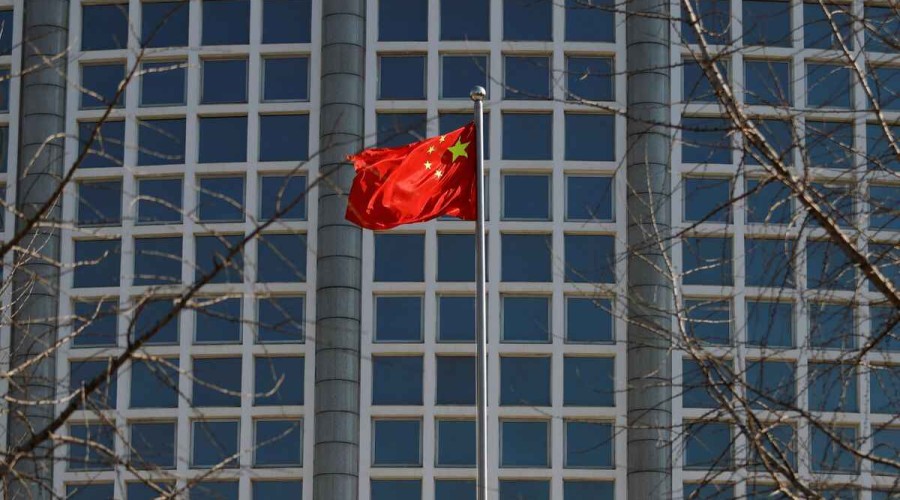As Shanghai lockdown drags on, fears grow for global trade
China’s strict pandemic policies have shuttered factories and prevented ships from unloading and picking up cargo

At a chemist in the upmarket neighbourhood of Koramangala in Bengaluru, India, owner Ram Narain anxiously asked one of his workers to check stocks of a long list of medicines scribbled on a sheet of paper.
As the employee yelled back numbers, Narain shook his head. Asked what was worrying him, he sighed.
“The same thing that’s troubling everyone else — the new lockdown in China.”
India is a major drug producer but sources 70 percent of its active pharmaceutical ingredients — the biologically active component of any medicine — from China. The indefinite COVID-19 lockdown since late March in Shanghai, home to the world’s largest container port, is threatening those supplies.
Narain’s concerns reflect growing worries that the restrictions imposed by authorities in the city of 25 million people could disrupt international supply chains of everything from medicines to electric vehicles, stalling the global economic recovery even as nations are finally opening up fully after two years.
So far, China’s economy has borne the brunt of the record surge in coronavirus cases in the country’s economic nerve centre. But analysts are warning that Shanghai’s unmatched role in global trade means that the lockdown could have severe implications for the rest of the world, especially if it lasts much longer. Shanghai and the regions near it are among China’s biggest manufacturing hubs. They rely on imported components that enter the country through the city’s port, which is also how finished goods are then exported.
The effect of that three-pronged dependence on the city is starting to show. Tesla shut down its Giga factory in Shanghai on March 28 and is yet to reopen the facility that produces about 2,000 electric cars a day. Its Chinese rival Nio suspended production on Saturday, citing the increase in cases in Shanghai and the provinces of Jiangsu and Jilin, where it has plants.
The Shanghai Containerized Freight Index, already in decline because of the war in Ukraine, is continuing to slide, signalling a drop in Shanghai’s exports, said Bruce Pang, the head of macro and strategy research at Hong Kong-based China Renaissance Securities.
“China’s worst COVID outbreak may lead to delays and higher prices, which could stall recovery and further add to global inflation,” Pang told Al Jazeera.
Until now, the effect of the lockdown in Shanghai on global supply chains has been limited, said Julian Evans-Pritchard, senior China economist at Capital Economics, a London-headquartered consultancy. Many factories are continuing to operate using what is known as a closed-loop system — where workers stay in their workplace through the lockdown to reduce the risk of catching an infection.
